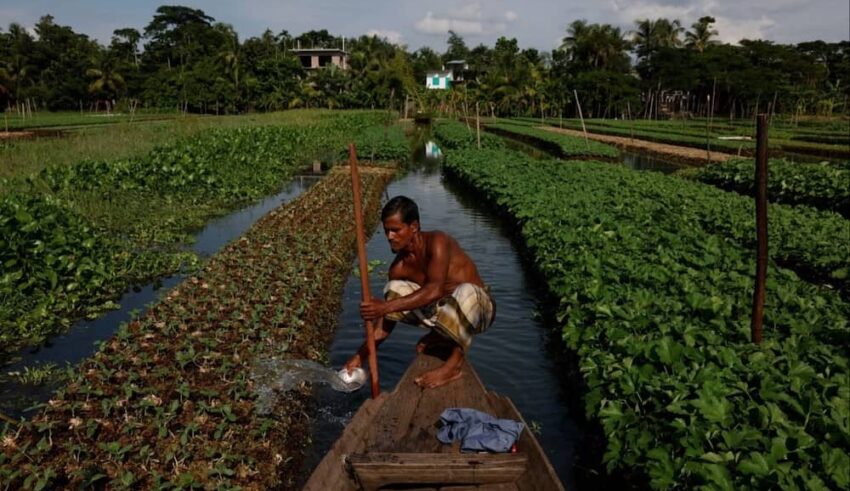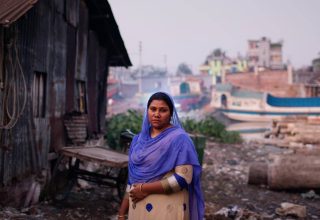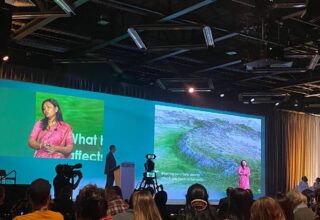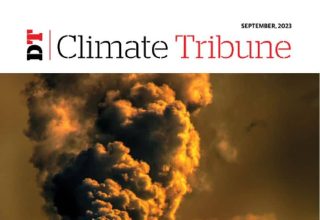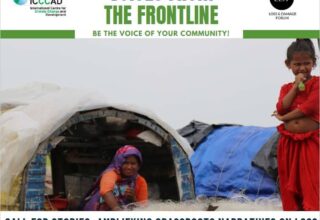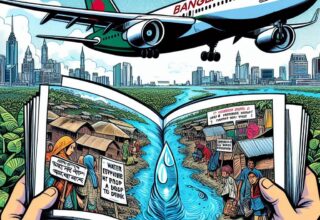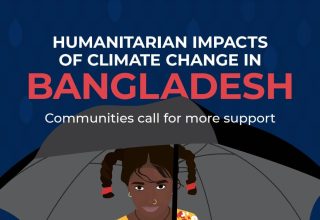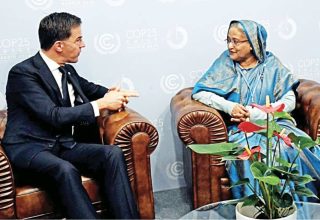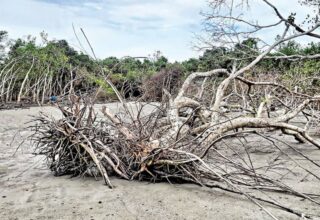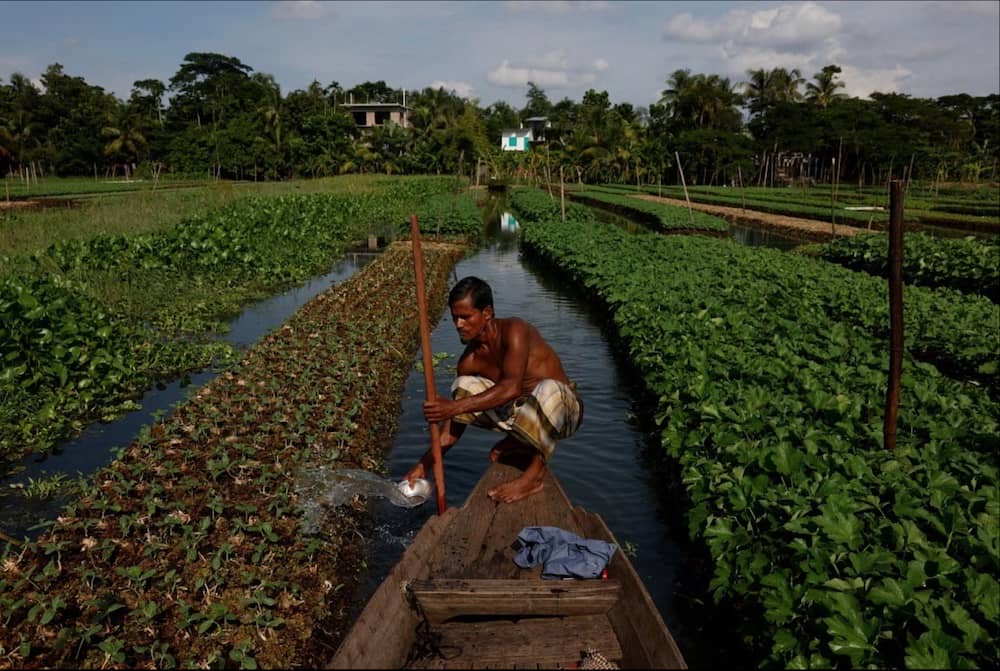
Last week, my young colleagues at the International Centre for Climate Change and Development (ICCCAD) spent seven days at a hotel in Dhaka hosting the third annual Gobeshona Global Conference on locally led adaptation (LLA) and resilience. This is now a well-established, fully online conference that takes place round the clock, for seven days, with three eight-hour sessions each day, starting with the Asia-Pacific time zones, then the European and African time zones, and finally the Americas’ time zones.
In each of these time zones, organisations who are working on LLA hosted an online session to share their respective activities and lessons they are learning while employing LLA in their localities and countries. We had over 70 such sessions from over 30 countries in all the major continent
Over these seven days, we had nearly 2,000 registered participants who joined the sessions online, while we also livestreamed many sessions where many more thousands were able to follow the sessions live. Now, the recordings of all the sessions are available on Gobeshona’s YouTube channel where they can be viewed by anyone who is interested.
Let me share some of the major outcomes from these sessions.
The first message that has become clear is that adaptation to climate change is now happening in every country, rich or poor, and that there are LLA groups and activities in each of those countries where the lessons can be shared. While each country and location is unique, there are lessons on how to implement LLA from each such location that could be useful for others.
This has created a global community of LLA for which the annual Gobeshona conference is a major event.
The second development is the recognition that LLA requires a genuine investment in supporting local groups, particularly those most vulnerable, in planning and implementing adaptation projects and programmes. This means that there are local leaders who should be supported. The Gobeshona conference requires all host organisations to ensure that they include the voices of these local leaders, and we provide interpretation for them in their native language – be it Bangla, Urdu, Swahili or Wolof. This ensures that they are able to participate effectively and not as only a token voice.
The third development is the adoption of the eight principles of LLA which over 50 organisations and countries have already adopted to ensure that the LLA they plan and practise is genuine and not just greenwash. There is a growing realisation that LLA principles need to be adopted and implemented for genuine projects and programmes.
A fourth item that has been an important running theme since the Gobeshona series started three years ago is the lack of funding for the most vulnerable communities who need the support the most. I am pleased to note that we have actually been able to promote better ways of providing funding for adaptation at the local level, including the LOCALE programme of the UN working with local governments, the Climate Bridge Fund (CBF) run by Brac to support local communities in urban centres, and the small grants for resilience by ICCCAD which has been supporting local leaders to carry out LLA. All these and others are already showing some effective activities and hopefully will be scaled up going forward.
Finally, there is an unfortunate realisation that adaptation is no longer sufficient once impacts of climate change start to occur and cause losses and damages. Thus, we had several sessions to address loss and damage at the local level as well. One session was hosted by the Government of Vanuatu, just after they were hit by two successive typhoons within a matter of days. We may now have to include loss and damage in the agenda of the annual Gobeshona conference from next year.
Originally this article was published on March 22, 2023 at Daily Star.
The author Prof. Saleemul Huq is the director of the International Centre for Climate Change and Development (ICCCAD) at the Independent University, Bangladesh (IUB).
Email: saleemul.huq@icccad.org

